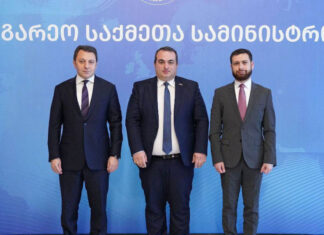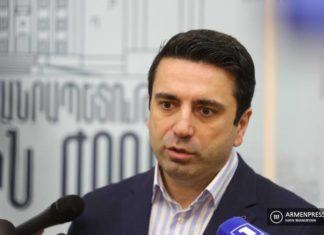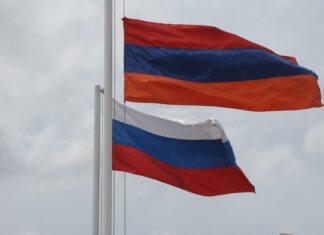EU deepens engagement with Armenia, offering prospect of visa-free travel
By Ani Avetisyan
The Council of the European Union, the EU’s main decision-making body, endorsed a move July 22 to open talks with Armenia on visa-free travel. The process is expected to take years, but for Yerevan it provides a major incentive to continue its geopolitical pivot away from Russia towards the West.
Armenian Foreign Minister Ararat Mirzoyan “welcomed the decision” to kickstart visa liberalization talks. Mirzoyan and Defense Minister Suren Papikyan additionally thanked Brussels for providing 10 million euros in non-lethal military assistance to Armenia within the framework of the European Peace Facility.
Traditionally, the granting of visa-free travel for citizens marks a major milestone for states aspiring to integrate with the EU. To succeed, Yerevan will have to undertake wide-ranging reforms, including upgrading security procedures and tightening the framework covering illegal migration.
Given the reform obligations, it is certain that visa-free travel to the EU will not be available to Armenians any time soon. Neighboring Georgia, for example, took to secure visa-free travel rights. The process lasted four years for Moldova, and nine years for Ukraine.









